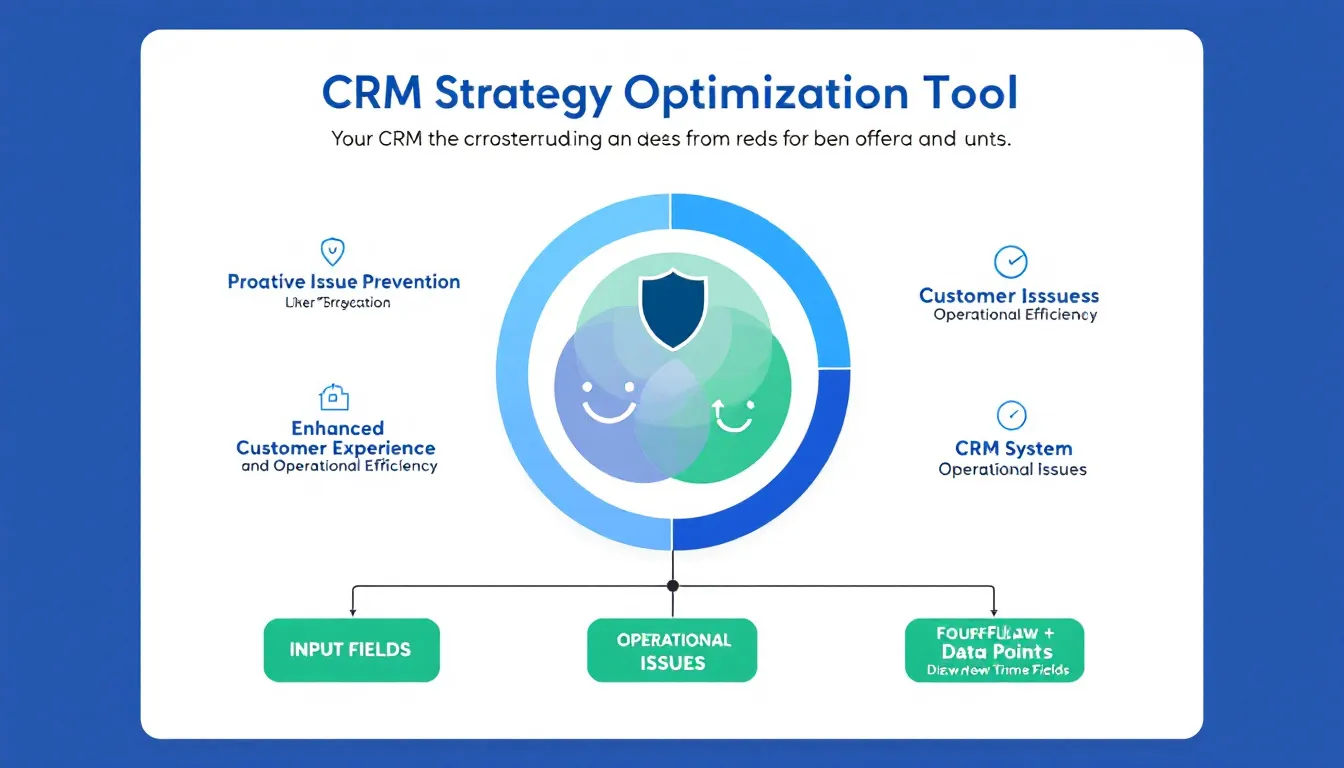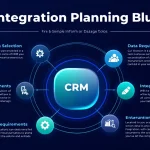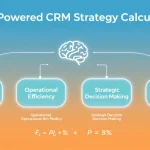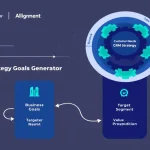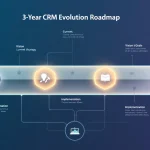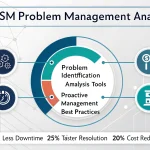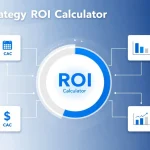Is this tool helpful?
How to Use the CRM Strategy Generator Effectively
This tool helps you create proactive strategies to resolve customer issues and improve overall experience. Here’s how to fill each field for tailored recommendations:
1. Types of Potential Issues or Concerns
Enter the main challenges or concerns affecting your customers. Examples:
- Order processing errors, delayed refunds
- Subscription cancellations, user onboarding difficulties
2. Current Methods for Monitoring Issues
Describe how you track or watch for problems now. Sample inputs:
- Social media sentiment analysis, customer satisfaction scores
- Support ticket volume tracking, monthly quality audits
3. Issue Escalation Triggers
List the warning signs that require urgent action. Examples:
- Repeated order cancellations, increasing complaint rates
- Service downtime exceeding threshold, negative product reviews
4. Current Preventive Measures (Optional)
Explain any steps you already take to stop issues from happening. Sample inputs:
- Monthly staff refresher training, automated system alerts
- Routine software updates, customer loyalty programs
Introducing the CRM Strategy Generator: Proactive Issue Resolution Made Simple
The CRM Strategy Generator helps your business identify and address customer issues before they escalate. It uses your input about potential problems, current monitoring, escalation signs, and preventive actions to produce practical, data-driven CRM strategies. You get recommendations that improve customer satisfaction, reduce complaints, and streamline operations.
Benefits include:
- Proactive issue resolution: Spot problems early and act fast.
- Better customer experience: Personalize support and speed up responses.
- Operational efficiency: Automate workflows and allocate resources wisely.
Practical Applications of the CRM Strategy Generator
Use this tool to create customized strategies that fit your business needs across various scenarios:
Customer Service Improvements
- Automatic categorization of customer issues
- Trigger-based escalation procedures
- Personalized outreach before customers report problems
Sales and Marketing Optimization
- Identify sales leads needing urgent follow-up
- Detect cross-selling and upselling opportunities
- Refine marketing campaigns based on issue trends
Case Examples of Strategy Success
E-Learning Platform
- Set up alerts for declining course completion rates
- Introduced automated check-ins after missed deadlines
- Resulted in a 35% drop in student support tickets
Subscription-based Fitness Service
- Monitored account inactivity triggers
- Launched personalized re-engagement sequences
- Achieved 50% improvement in customer renewal rates
Frequently Asked Questions About Using the CRM Strategy Generator
How often should you update your CRM strategy?
Review your CRM strategy quarterly and monitor key metrics monthly to ensure it adapts to shifting customer behavior and market trends.
Can this tool integrate with my existing CRM system?
Yes, it provides recommendations compatible with major CRM platforms and can be tailored to your current tools.
Who benefits most from using this strategy generator?
Any business focused on customer satisfaction, whether small to large, retail or services, gains value from these customized CRM improvement strategies.
How can I measure the impact of the strategies generated?
Track customer satisfaction scores, response times, issue resolution rates, and retention metrics to evaluate success.
Should I apply all recommendations at once?
Prioritize based on potential impact and resource availability. Start with straightforward changes, then scale gradually.
Best Practices for Implementing Your CRM Strategy
Change Management
- Communicate clearly with your team about changes
- Roll out improvements in stages
- Provide ongoing training and support
Data Quality Management
- Audit customer data regularly for accuracy
- Keep data up to date and consistent
- Use data insights strategically to guide decisions
Performance Monitoring
- Monitor key performance indicators consistently
- Analyze customer feedback for actionable insights
- Assess the effectiveness of implemented strategies
Advanced CRM Strategy Features to Consider
Predictive Analytics
Use patterns in customer data to forecast issues before they happen, enabling timely interventions.
Automation Workflows
Streamline recurring tasks and customer communications with smart automation to save time and reduce errors.
Customer Journey Mapping
Visualize customer interactions to identify friction points and enhance experience before problems arise.
Planning for Long-Term CRM Success
Scalability and Growth
- Prepare your strategy to handle future business growth
- Forecast resource needs and technology upgrades
- Integrate scalable tools and platforms
Continuous Improvement
- Regularly revisit and update your CRM strategy
- Optimize processes based on performance data
- Incorporate feedback from your team and customers
Focusing on Customer-Centric Evolution
- Constantly assess evolving customer needs
- Seek opportunities to improve service quality
- Adjust strategies to enhance overall customer satisfaction
Important Disclaimer
The calculations, results, and content provided by our tools are not guaranteed to be accurate, complete, or reliable. Users are responsible for verifying and interpreting the results. Our content and tools may contain errors, biases, or inconsistencies. Do not enter personal data, sensitive information, or personally identifiable information in our web forms or tools. Such data entry violates our terms of service and may result in unauthorized disclosure to third parties. We reserve the right to save inputs and outputs from our tools for the purposes of error debugging, bias identification, and performance improvement. External companies providing AI models used in our tools may also save and process data in accordance with their own policies. By using our tools, you consent to this data collection and processing. We reserve the right to limit the usage of our tools based on current usability factors.
